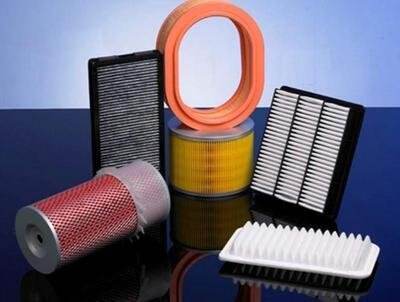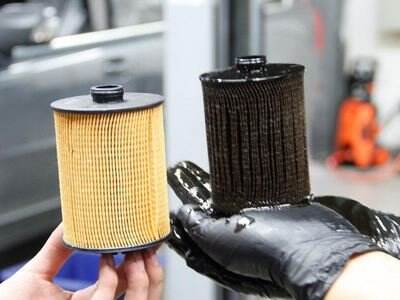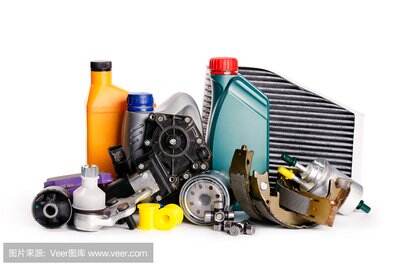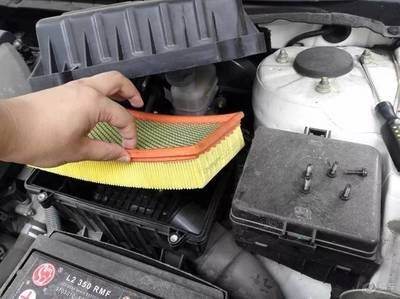The working principle and importance of automotive filters
The working principle and importance of automotive filters
In modern society, cars have become an indispensable means of transportation in people's daily lives. In order to ensure the efficient and stable operation of car engines, filters play a crucial role. The working principle and diversity of automotive filters not only affect the lifespan and performance of the engine, but also directly impact the safety and comfort of the driver. This article aims to explore in depth the working principle and types of automotive filters, in order to provide readers with a comprehensive understanding.

####The working principle of car filters
The main working principle of a car filter is to intercept and eliminate impurities in the system to ensure smooth engine operation. Different types of filters play their unique roles in different systems of automobiles.
Firstly, the air filter is located in the intake system of the engine. Its main function is to filter out harmful impurities such as dust, sand, and small particles in the air that will enter the cylinder, in order to reduce early wear of the cylinder, piston, piston ring, valve, and valve seat. Air filters are divided into two types: dry and wet. Dry air filters usually use paper or non-woven filter cartridges, which can filter out most impurities in the air and ensure the cleanliness of the air entering the cylinder. Wet air filters further separate impurities in the air through oil immersed or oil bath filters, which are widely used in agricultural machinery and ship power systems.

Secondly, the oil filter is located in the engine lubrication system. Its function is to filter out harmful impurities such as metal debris, oxides, and carbon particles generated by combustion from the oil pan, and supply clean oil to moving parts such as the crankshaft, connecting rod, camshaft, turbocharger, piston rings, etc. Oil filters are divided into replaceable, screw in, and centrifugal types, as well as full flow and split flow types. According to the different filtering materials, the filter element in the oil filter can be made of materials such as filter paper, felt, metal mesh, or non-woven fabric. The efficient operation of the oil filter ensures good lubrication and cooling of all engine components, extending the service life of the engine.
Furthermore, the fuel filter is connected in series between the fuel pump and the throttle body, and its function is to filter out solid impurities such as iron oxide and dust in the fuel, preventing blockage of the fuel system, especially the fuel nozzle. Fuel filters include two types: diesel filters and gasoline filters. Their structure usually consists of an aluminum shell and a high-efficiency filter paper with a stainless steel bracket inside. The filter paper is chrysanthemum shaped to increase the flow area and ensure smooth fuel flow. The efficient filtration of the fuel filter ensures the stable operation of the engine, reduces mechanical wear, and improves the reliability of the engine.

In addition, car air conditioning filters focus on filtering the air inside the cabin, covering both indoor circulation filtration and indoor and outdoor air exchange filtration. The main function of the air conditioning filter is to remove dust, pollen, bacteria, and odors from the air, providing passengers with a fresh and clean interior environment and improving driving and riding comfort.
####Types of Automotive Filters
According to the functional differences of filters, they can be divided into four categories: oil filters, air filters, fuel filters, and air conditioning filters.
The oil filter is responsible for filtering the lubricating oil required for engine operation, removing impurities and pollutants from the oil, and ensuring that the engine receives good lubrication and stable operation. The air filter filters the air entering the engine, blocking the intrusion of dust and impurities, providing strong support for the normal operation of the engine. Fuel filters include diesel filters and gasoline filters, designed to filter the diesel or gasoline used in the engine, prevent harmful impurities from entering the engine, and ensure its smooth operation. The air conditioning filter focuses on filtering the air inside the cabin, providing a fresh and clean interior environment.

####The Importance of Automotive Filters
The importance of car filters is self-evident. The normal operation of the filter not only affects the performance and lifespan of the engine, but also directly impacts the safety and comfort of the driver. The failure of the air filter can cause dust and impurities to enter the cylinder, accelerate the wear of the cylinder and piston, and in severe cases, may lead to engine failure. The blockage of the oil filter can cause poor oil circulation, affecting the lubrication and cooling of the engine. In severe cases, it can lead to engine overheating and damage. A clogged fuel filter can lead to insufficient fuel supply, affecting the engine's power output and, in severe cases, causing the engine to stall. The pollution of air conditioning filters can affect the air quality inside the car and pose a threat to the health of passengers.
Therefore, regular replacement and maintenance of car filters are important measures to ensure the normal operation and maintenance of the car. Drivers should regularly check the condition of the filter and replace aged and clogged filters in a timely manner to ensure the efficient and stable operation of the car.

In summary, the working principle and diversity of automotive filters not only affect the lifespan and performance of engines, but also directly impact the safety and comfort of drivers. By gaining a deeper understanding of the working principle and types of filters, we can better maintain and upkeep cars, ensuring their stable operation in various complex environments and providing drivers with a safe and comfortable driving experience.

 EN
EN







































